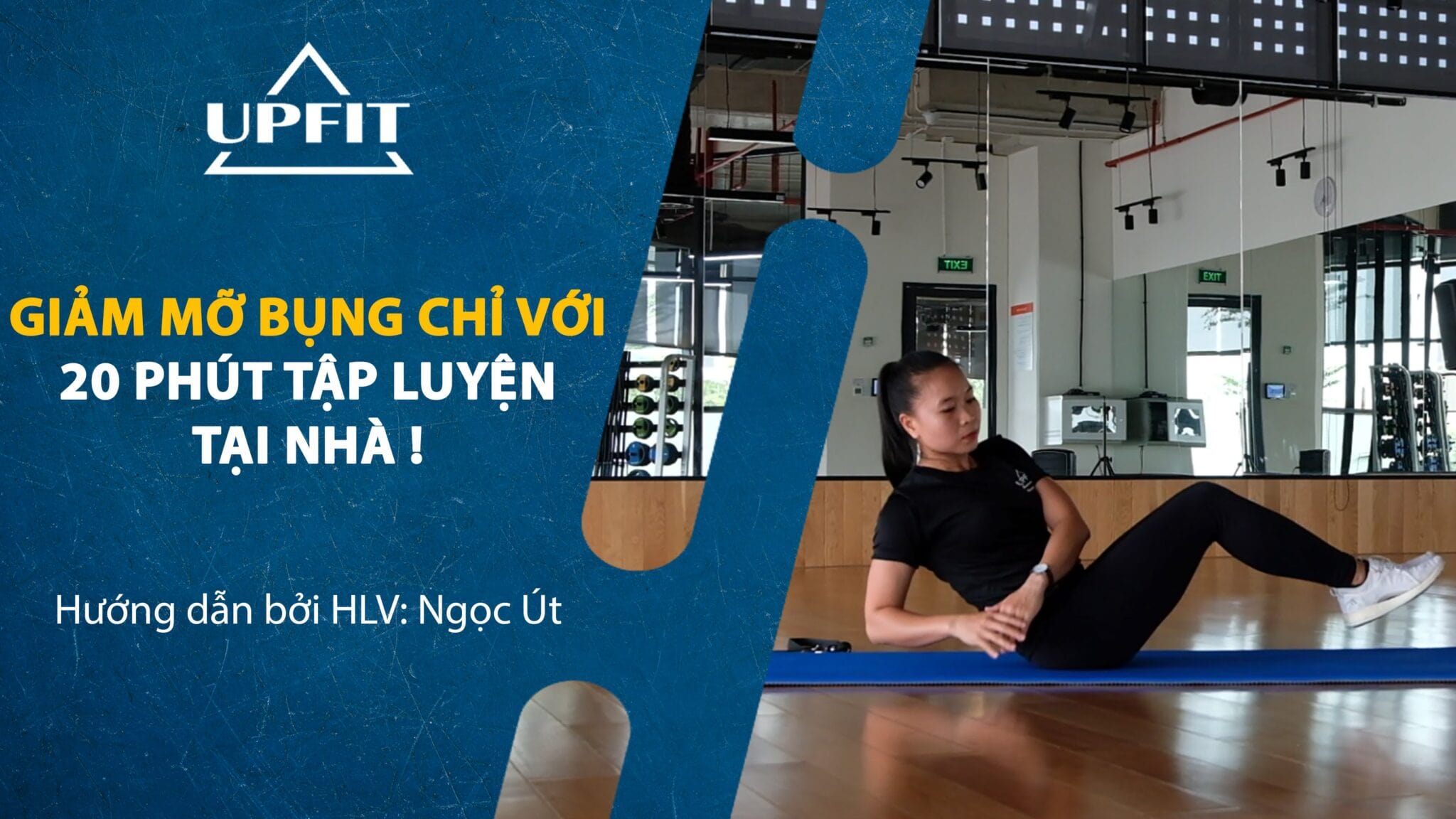To be fit and healthy you need to be physically active. Regular physical activity can help protect your body from serious diseases such as obesity, heart disease, cancer, mental illness, diabetes and arthritis. Riding your bicycle regularly is one of the best ways to reduce your risk of health problems associated with a sedentary lifestyle.
Cycling for health and fitness
It only takes two to four hours a week to achieve a general improvement to your health. Cycling is:
- Low impact – it causes less strain and injuries than most other forms of exercise.
- A good muscle workout– cycling uses all of the major muscle groups as you pedal.
- Easy – unlike some other sports, cycling does not require high levels of physical skill. Most people know how to ride a bike and, once you learn, you don’t forget.
- Good for strength and stamina– cycling increases stamina, strength and aerobic fitness.
- As intense as you want– cycling can be done at very low intensity to begin with, if recovering from injury or illness, but can be built up to a demanding physical workout.
- A fun way to get fit– the adventure and buzz you get from coasting down hills and being outdoors means you are more likely to continue to cycle regularly, compared to other physical activities that keep you indoors or require special times or places.
Health benefits of regular cycling
Cycling is mainly an aerobic activity, which means that your heart, blood vessels and lungs all get a workout. You will breathe deeper, perspire and experience increased body temperature, which will improve your overall fitness level.
The health benefits of regular cycling include:
- increased cardiovascular fitness
- increased muscle strength and flexibility
- improved joint mobility
- decreased stress levels
- improved posture and coordination
- strengthened bones
- decreased body fat levels
- prevention or management of disease
- reduced anxiety and depression.
Cycling and specific health issues
Cycling can improve both physical and mental health, and can reduce the chances of experiencing many health problems.
Obesity and weight control
Cycling is a good way to control or reduce weight, as it raises your metabolic rate, builds muscle and burns body fat. If you’re trying to lose weight, cycling must be combined with a healthy eating plan. Cycling is a comfortable form of exercise and you can change the time and intensity – it can be built up slowly and varied to suit you.
Research suggests you should be burning at least 8,400 kilojoules (about 2,000 calories) a week through exercise. Steady cycling burns about 1,200 kilojoules (about 300 calories) per hour.
If you cycle twice a day, the kilojoules burnt soon add up. British research shows that a half-hour bike ride every day will burn nearly five kilograms of fat over a year.
Cardiovascular disease and cycling
Cardiovascular diseases include stroke, high blood pressure and heart attack. Regular cycling stimulates and improves your heart, lungs and circulation, reducing your risk of cardiovascular diseases.
Cycling strengthens your heart muscles, lowers resting pulse and reduces blood fat levels. Research also shows that people who cycle to work have two to three times less exposure to pollution than car commuters, so their lung function is improved. A Danish study conducted over 14 years with 30,000 people aged 20 to 93 years found that regular cycling protected people from heart disease.
Cancer and cycling
Many researchers have studied the relationship between exercise and cancer, especially colon and breast cancer. Research has shown that if you cycle, the chance of bowel cancer is reduced. Some evidence suggests that regular cycling reduces the risk of breast cancer.
Diabetes and cycling
The rate of type 2 diabetes is increasing and is a serious public health concern. Lack of physical activity is thought to be a major reason why people develop this condition. Large-scale research in Finland found that people who cycled for more than 30 minutes per day had a 40 per cent lower risk of developing diabetes.
Bone injuries, arthritis and cycling
Cycling improves strength, balance and coordination. It may also help to prevent falls and fractures. Riding a bike is an ideal form of exercise if you have osteoarthritis, because it is a low-impact exercise that places little stress on joints.
Cycling does not specifically help osteoporosis (bone-thinning disease) because it is not a weight-bearing exercise.
Mental illness and cycling
Mental health conditions such as depression, stress and anxiety can be reduced by regular bike riding. This is due to the effects of the exercise itself and because of the enjoyment that riding a bike can bring.




